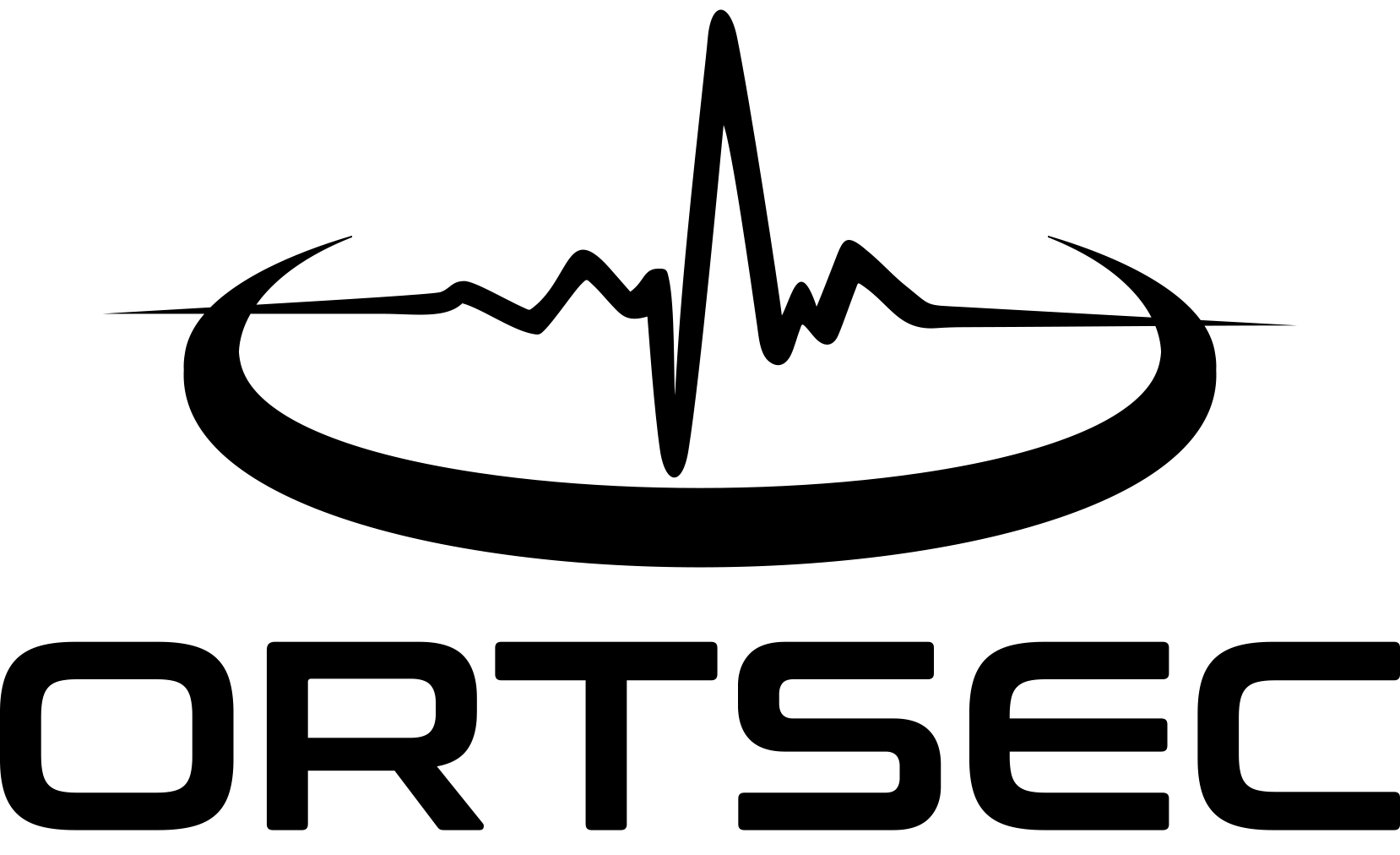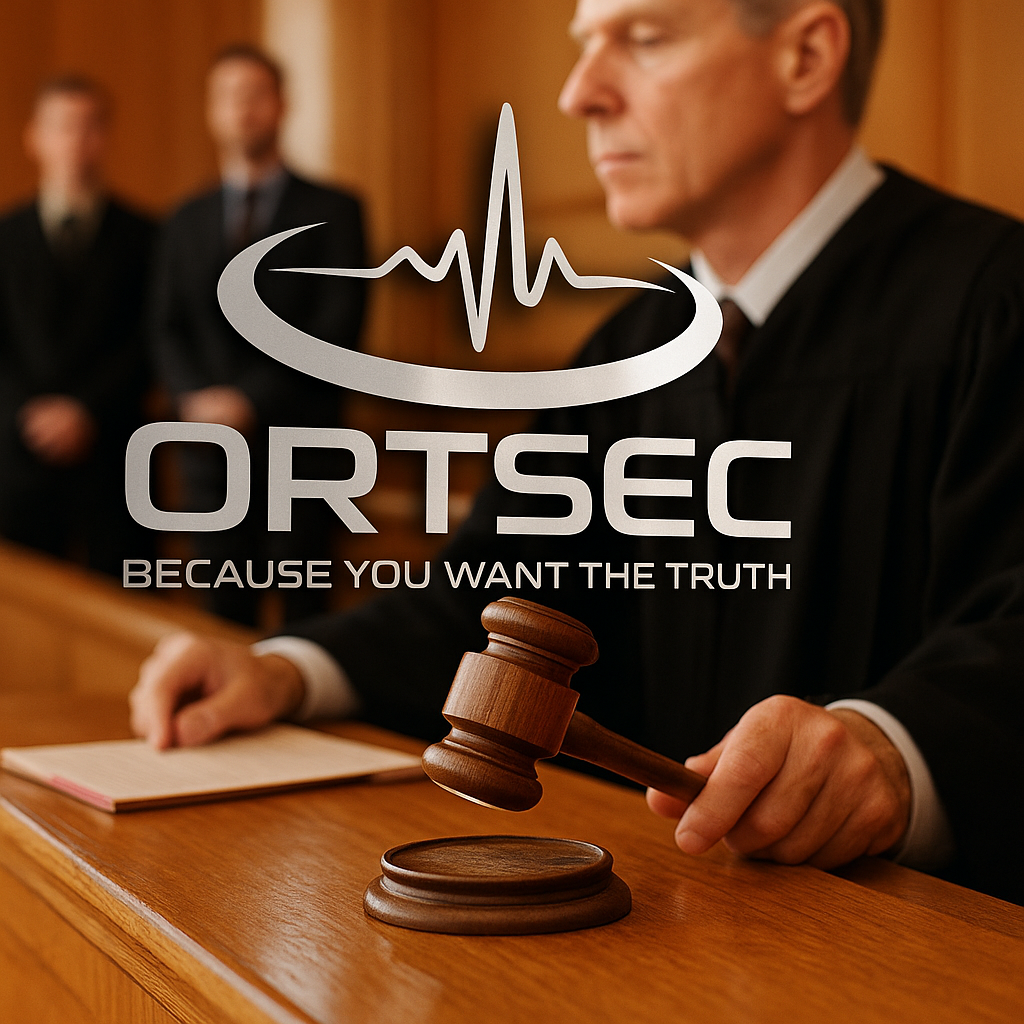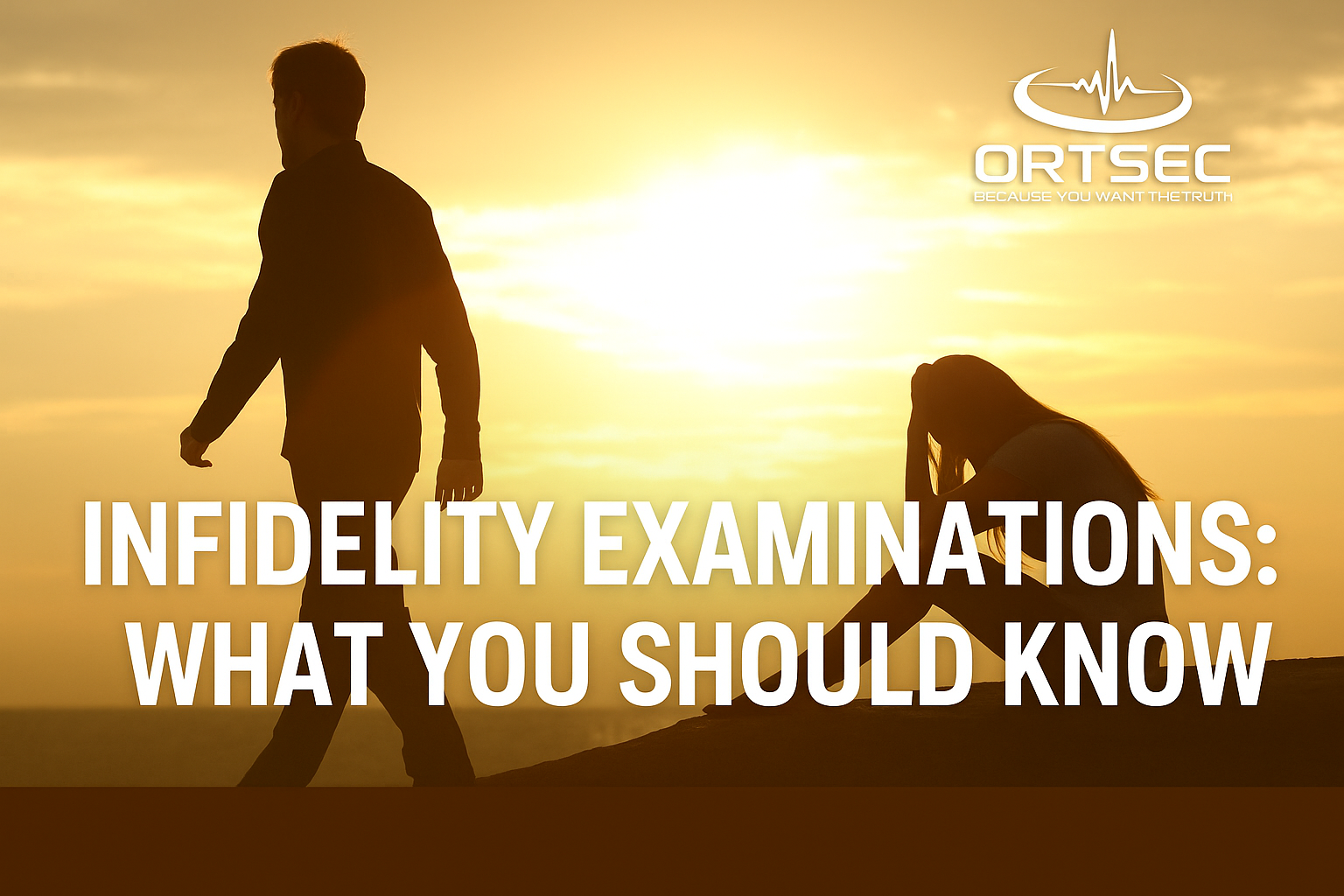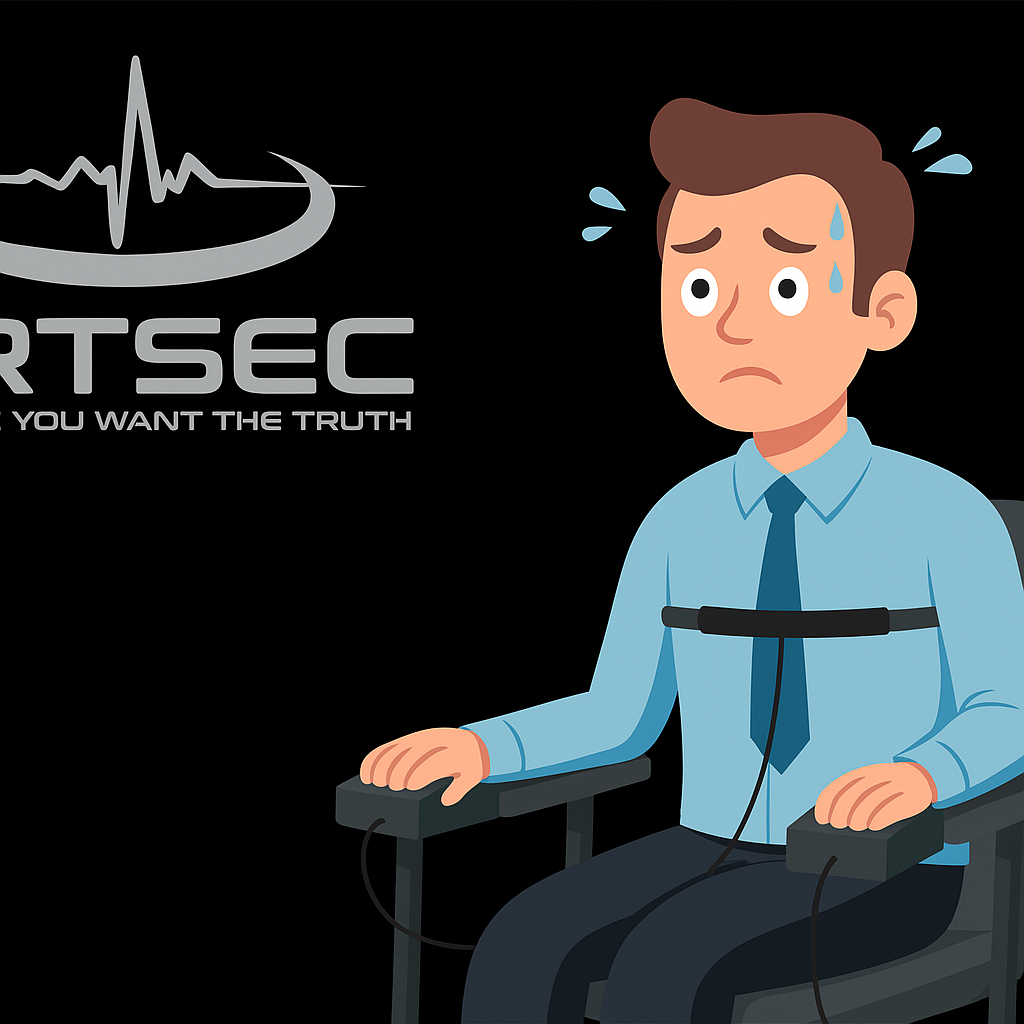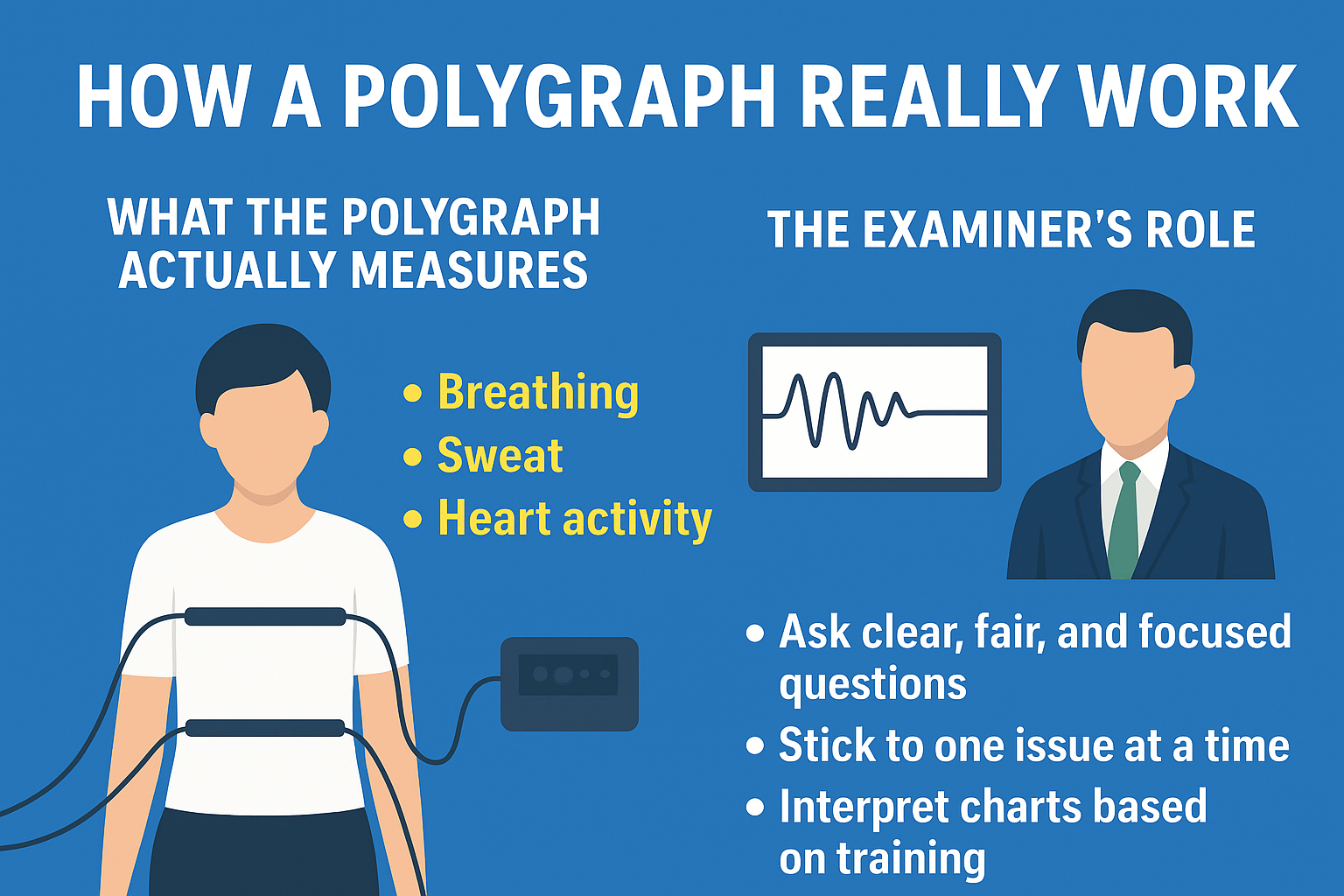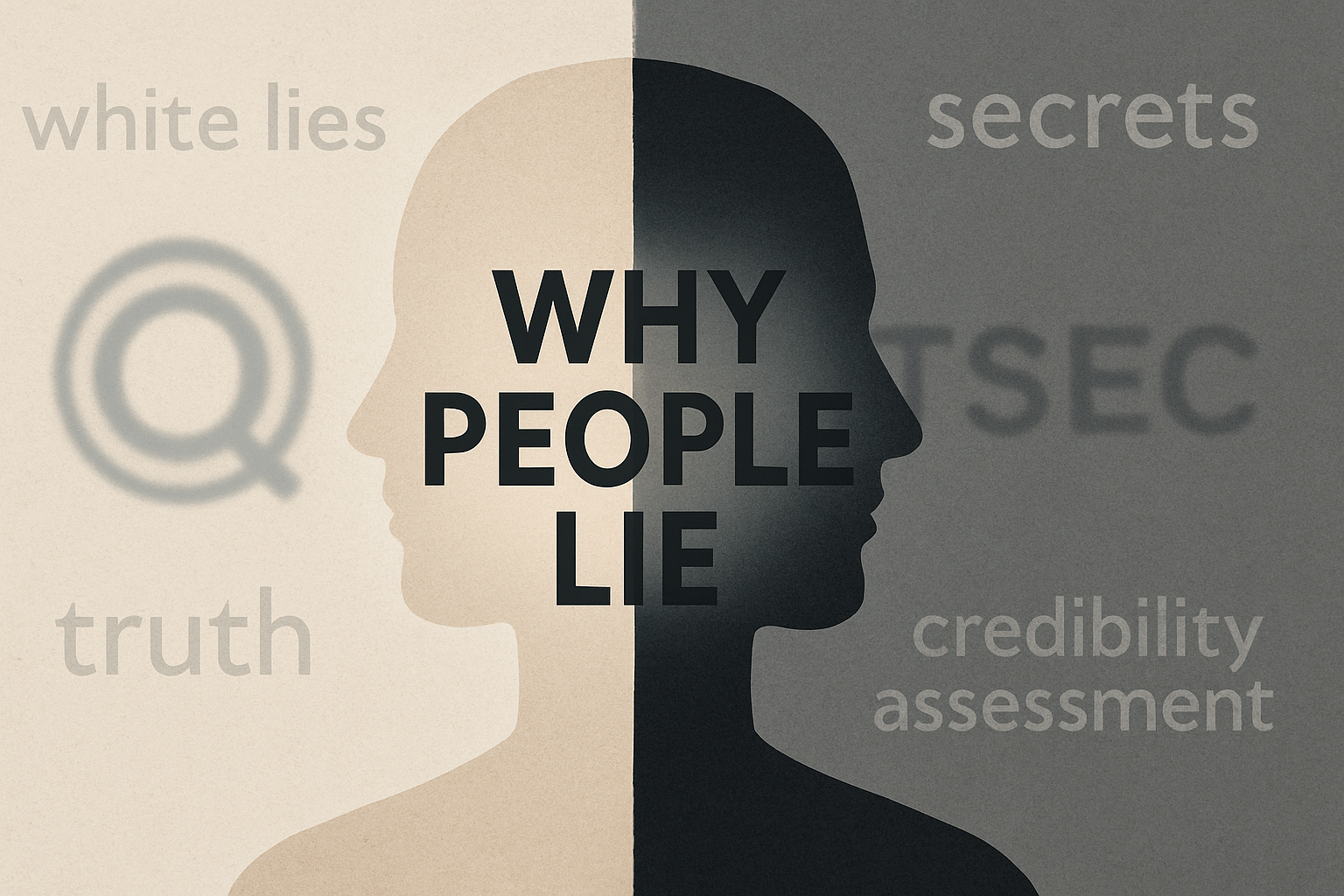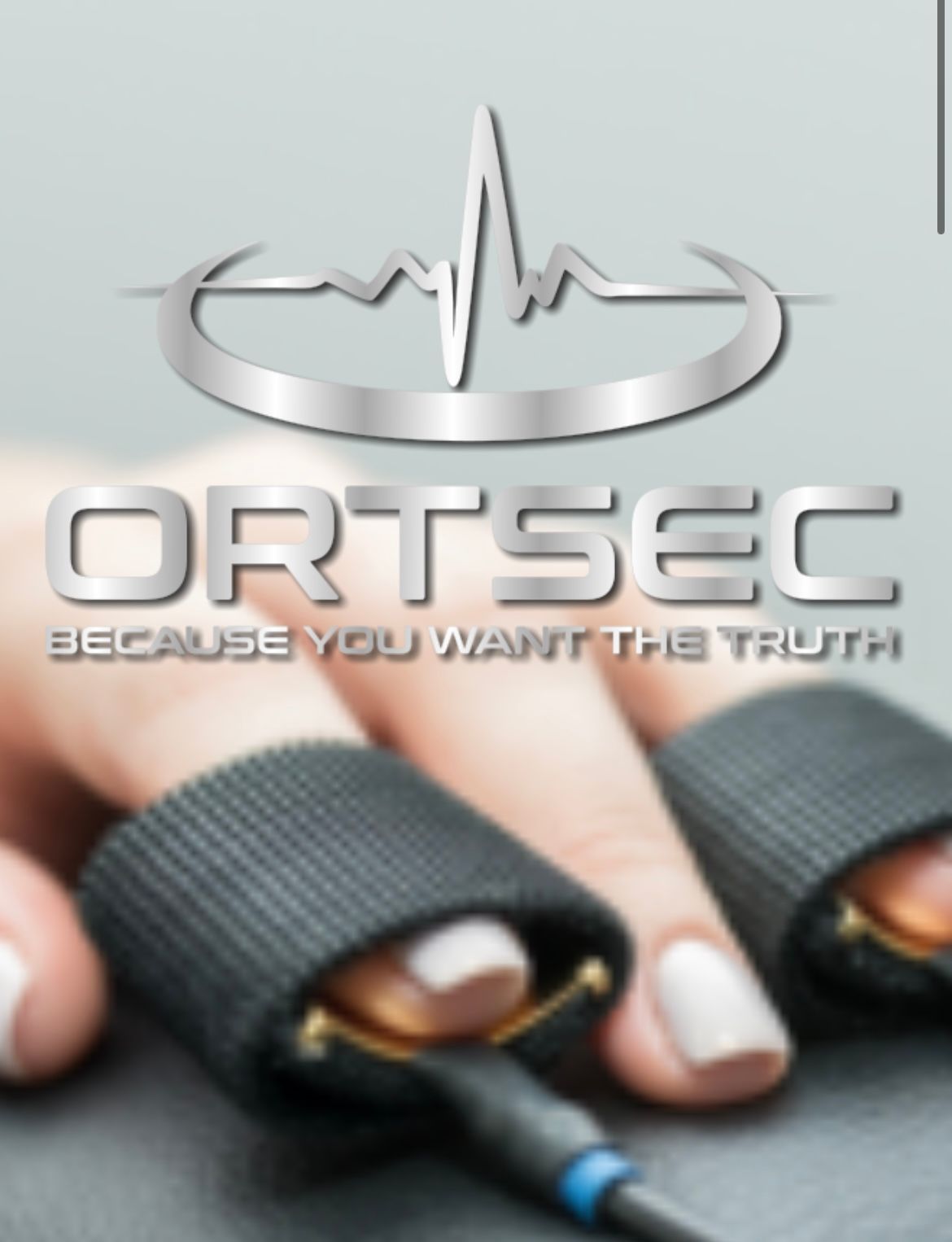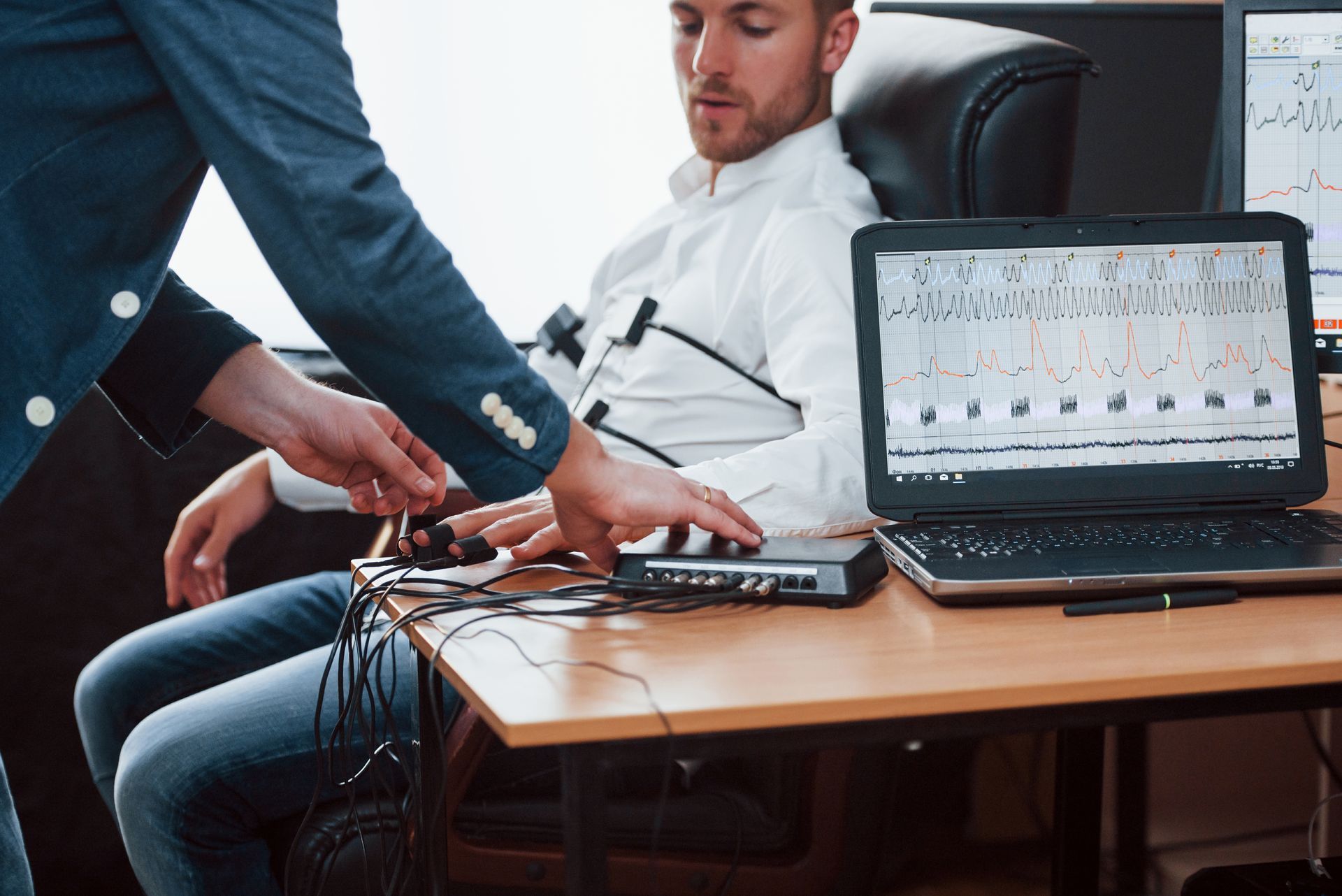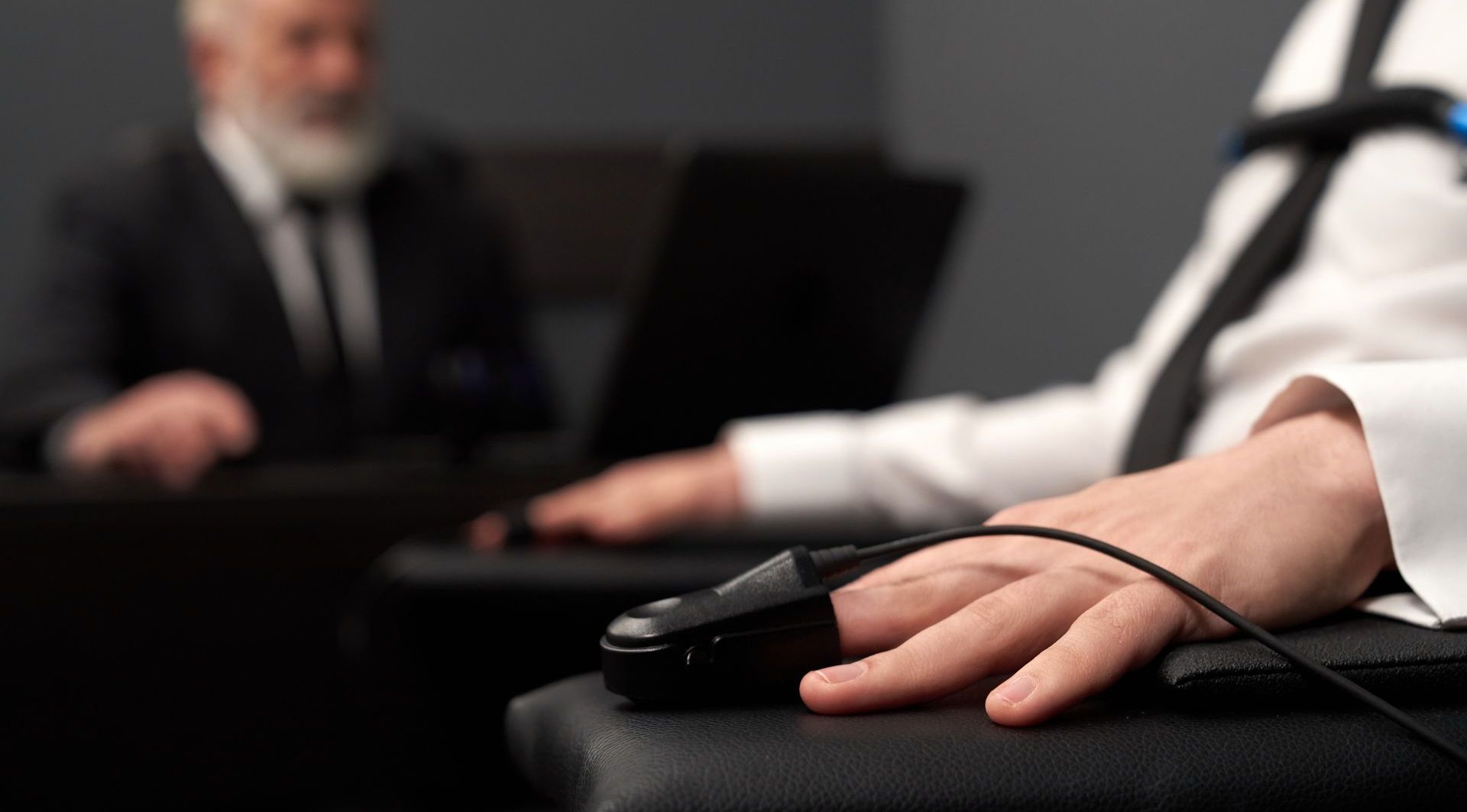What to Expect During the CBP Pre-Employment Polygraph Examination
What to Expect During the CBP Pre-Employment Polygraph Examination
If you are applying for a law enforcement career with U.S. Customs and Border Protection (CBP), one of the most important and often most talked-about steps in the hiring process is the polygraph examination. Many applicants have heard stories about this exam but don’t always understand what it really involves. At ORTSEC, we’ve conducted CBP contract polygraphs in the past, so we know what applicants can expect and what the exam is designed to address.
Why CBP Requires a Polygraph
Congress mandated polygraph testing for most CBP law enforcement positions under the Anti-Border Corruption Act of 2010. The goal is to ensure that only applicants who meet strict standards of trustworthiness, reliability, and judgment are hired into sensitive national security roles.
The Structure of the Exam
The exam is a multi-phase process:
- Pre-test interview—The examiner explains the process, answers questions, and carefully reviews your personal history. This stage often takes the most time.
- In-test phase – Physiological responses are recorded while the examiner asks standardized questions.
- Post-test discussion—If needed, the examiner may review responses with you and ask clarifying questions.
Exams typically last several hours, and it’s common for applicants to feel nervous. Nervousness is normal and expected. Being nervous does not determine whether you pass or fail.
What CBP Tests For
Unlike some agencies that still run broad “integrity” or lifestyle polygraphs, CBP narrowed its focus. The CBP exam concentrates on:
- Undisclosed serious criminal activity (not minor or trivial issues).
- Drug use and drug-related conduct, which are assessed differently depending on the type of activity:
- Drug sales or trafficking for profit are considered the most serious.
- Illegal drug use has timeframes that vary by substance.
- Marijuana/THC use is evaluated under its own separate timeframe.
- National security concerns, including hidden foreign contacts, terrorism or espionage-related issues.
How It Differs From Other Agencies
Other federal agencies, such as the FBI, may still ask broader lifestyle or integrity questions. CBP’s exam is more focused and directly tied to suitability standards for CBP employment.
What Applicants Should Know
- The exam is not a trap, but it is thorough.
- CBP polygraph examiners are professionals who are highly trained, ethical, and go through a strict quality control process.
- If you made it to the polygraph phase, CBP wants you.
- Being honest, prepared, and patient is the best way to approach the exam.
How ORTSEC Can Help
At ORTSEC, we’ve helped applicants for federal law enforcement agencies prepare for their polygraph examinations. We offer consulting services designed to answer your questions, explain what to expect, and help you approach the process with confidence. We will not tell you the questions that you’ll be asked during your polygraph examination but will give you valuable information to help you prepare for your examination. If you’re preparing for a polygraph, we’re here to guide you.
